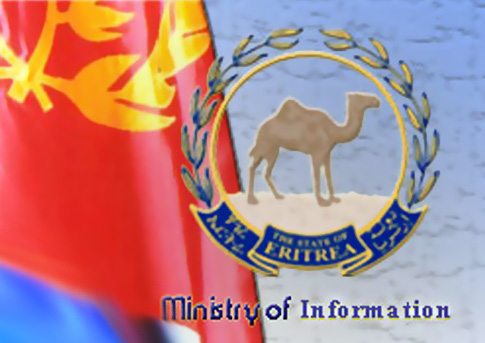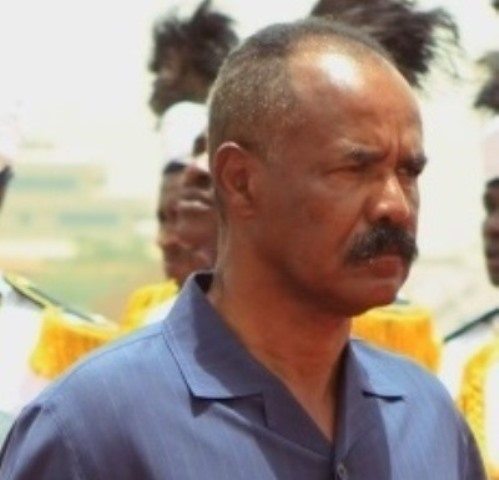In a sign that Moscow starts restoring its African clout, a major Russian-African business forum kicks off in Ethiopia on December 16. Mikhail Margelov, the Russian President’s special envoy to African countries, has already described the Russia-Africa international forum as an African Davos.
The Ethiopian capital, Addis Ababa is currently in the highlight of the Russian-African economic cooperation. Symbolically, it is Ethiopia, one of the world’s most ancient countries, that became a starting point for the revival of these business ties. A motherland of ancestors of great Russian poet Alexander Pushkin, Ethiopia is also one of the most ancient Christian countries in the world. It is a country that has a 200-year history of diplomatic relations with Russia. Generally speaking, Russia and Africa have always had much in common. In the Soviet era, the USSR lent support to African people’s fight against colonialism. Our countries jointly developed natural resources, built energy facilities and enhanced educational cooperation at the time. Right now, Moscow is interested in restoring its position in Africa. In this regard, the Russia-Africa forum paves the way for a fresh format of the Russian-African collaboration, Margelov says.
"In the 1990s, we mostly dealt with domestic affairs without paying much attention to developing bilateral partnership, Margelov says. Now the time is ripe for our major companies and bank to return to Africa and start mending bilateral business ties," he concludes.
Taking part in the business forum are representatives of leading Russian energy, mining, transportation, construction and financial companies. Also in attendance are officials from Chad, Mali, Sudan, Ethiopia and other African nations which experts say is only natural given that Africa is seen by many as a budding investment project. Road infrastructure is yet to be created there, experts explain, also citing the energy deficit on the African continent. In the past few years, oil production has increased significantly in Africa where more pipelines are expected to be constructed with the help of Russian technicians in the future. African countries are an attractive sales market for Russian production, including cars, combine harvesters, hydroelectric stations and nuclear power plants, according to Andrei Davydov, a spokesman for the Russian energy company Tekhnopromexport.
"We hope that Russia’s presence on what we see as the emerging African market will grow with every passing year, Davydov says. Earlier this month, Tekhnopromexport successfully finalized the construction of the Kapanda hydroelectric plant in Angola. At the moment, he adds, we are mulling our participation in an array of energy projects in Ethiopia, Djibouti, Uganda, Botswana, South Africa and Namibia."
The past decade saw a fresh impetus given to investment projects in the oil-and-gas sector in Africa, where the main focus was previously placed on developing diamond and iron ore mines.
Russian Prime Minister Vladimir Putin visited Morocco and South Africa in 2006, in a visit that local press touted as the “most outstanding event in Russian-African relations since the collapse of the Soviet Union.” In 2009, Russian President Dmitry Medvedev paid an official visit to the African countries south of Sahara. These visits contributed greatly to the development of the Russian-African ties, experts say, praising the Russia-Africa forum as another move to step up Russia’s presence on the African continent.
This article first appeared on Voice of Russia, titled ‘Russia under African sky’, on Dec. 16, 2011.
**************





